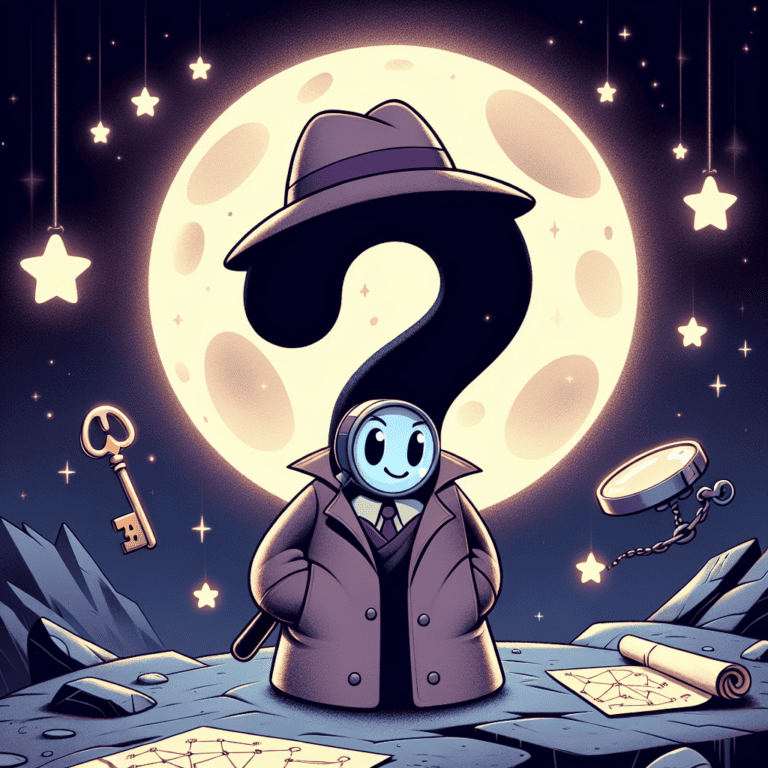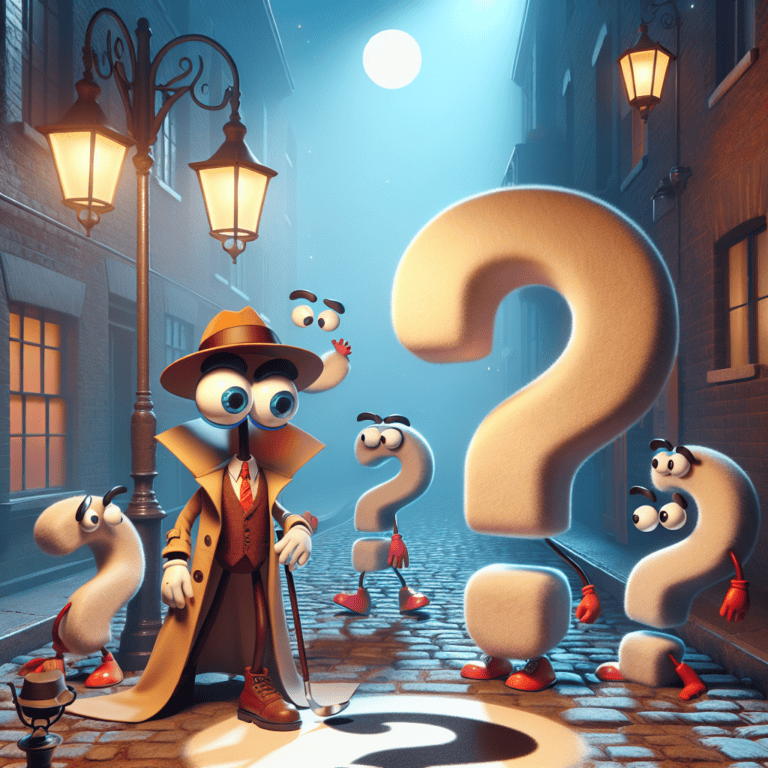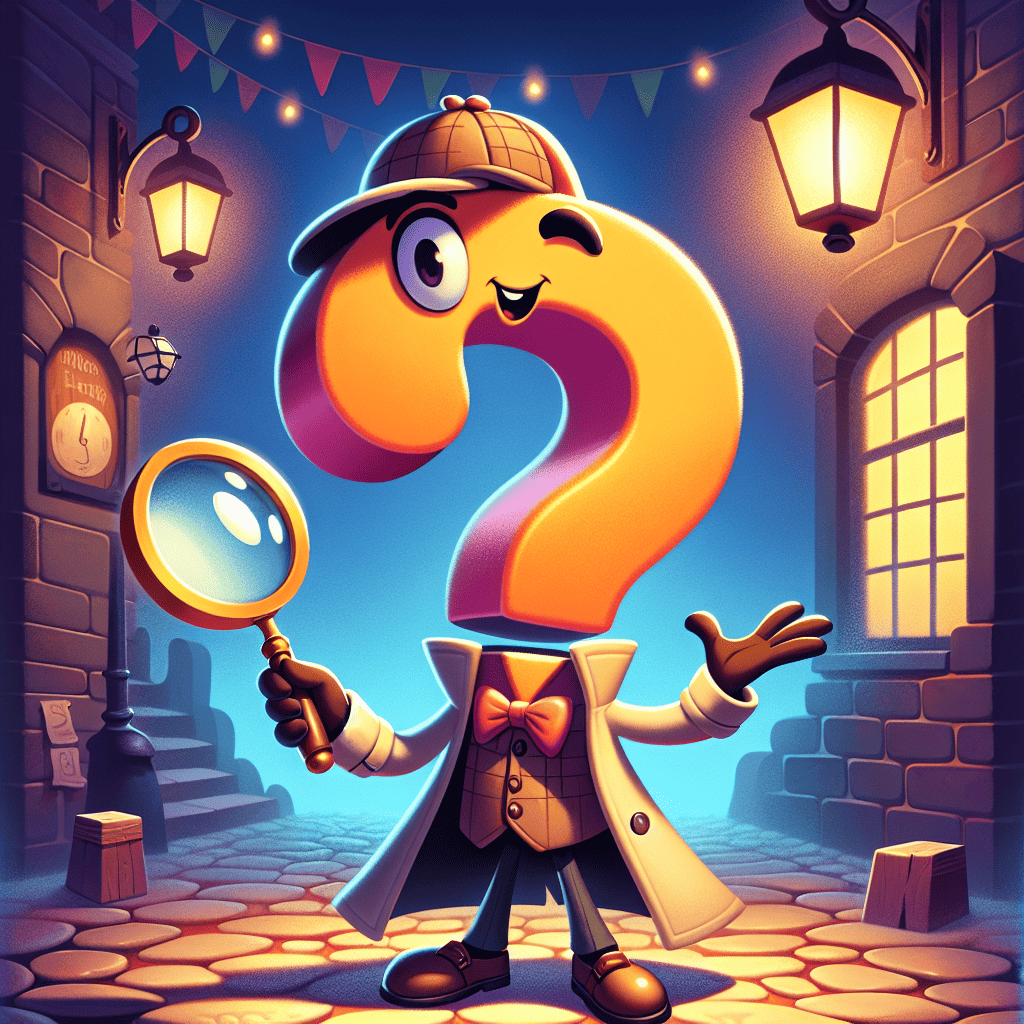Our Dance Last Forever Riddle – Unlocking The Secrets Behind This Timeless Mystery
Have you ever stumbled upon a riddle so intriguing that it sticks with you for days? Well, the "our dance last forever" riddle might just be one of those. It’s not just any puzzle—it’s a mind-bending journey into the world of wordplay and symbolism. Whether you're a riddle enthusiast or someone who loves cracking codes, this mystery has something for everyone.
This riddle isn’t just about finding the right answer; it’s about exploring the layers of meaning hidden beneath the surface. It challenges your thinking, stretches your imagination, and invites you to dive deeper into the art of problem-solving. So, buckle up because we’re about to unravel the secrets behind this timeless brain teaser!
From its origins to its potential solutions, the "our dance last forever" riddle is more than just a game—it’s a reflection of human creativity and curiosity. Ready to take on the challenge? Let’s get started!
Read also:Unlock The Secrets Of Okkhatrimaza Com Your Ultimate Guide
What is the "Our Dance Last Forever" Riddle?
The "our dance last forever" riddle has been making waves across social media platforms and online forums. At first glance, it seems like a simple phrase, but don’t let that fool you. Beneath its surface lies a complex web of meanings waiting to be discovered. The riddle typically goes like this:
"Our dance lasts forever. We meet but never touch. What are we?"
At this point, your brain might already be buzzing with possibilities. Is it a metaphor? A scientific concept? Or maybe even a spiritual symbol? Whatever the case, this riddle is designed to make you think outside the box.
Why is This Riddle So Popular?
Let’s face it—riddles have always had a special place in our hearts. They’re like little brain teasers that keep us entertained while sharpening our cognitive skills. But what makes the "our dance last forever" riddle stand out from the crowd?
For starters, it taps into universal themes like eternity, connection, and duality. These are concepts that resonate deeply with people from all walks of life. Plus, the ambiguity of the riddle allows for multiple interpretations, which makes it even more engaging. Whether you’re a poet, a scientist, or a philosopher, there’s always something new to discover.
And let’s not forget the internet’s role in spreading this riddle far and wide. Platforms like Reddit, TikTok, and Twitter have turned it into a global phenomenon, sparking debates and discussions among users worldwide.
Read also:Somali Wasmo Telegram List Your Ultimate Guide To Discovering The Latest Hype
How Riddles Like These Impact Our Minds
Riddles aren’t just fun—they’re also incredibly beneficial for our mental health. Solving puzzles like the "our dance last forever" riddle can improve memory, boost creativity, and enhance problem-solving skills. Studies show that engaging in such activities can even reduce stress levels and promote better focus.
But here’s the kicker: these benefits aren’t limited to adults. Kids who enjoy solving riddles tend to perform better in school and develop stronger critical thinking abilities. So, the next time you come across a riddle, remember—it’s not just a game; it’s an investment in your brainpower!
Possible Solutions to the "Our Dance Last Forever" Riddle
Now that we’ve set the stage, let’s dive into the possible answers to this enigmatic riddle. Keep in mind that there’s no single "right" answer—interpretations may vary depending on your perspective. Here are some of the most popular solutions:
- Parallel Lines: This is perhaps the most common answer. Parallel lines never intersect, yet they exist in harmony, dancing alongside each other for eternity.
- Earth and Moon: Another popular interpretation involves the celestial relationship between the Earth and the Moon. They orbit each other without ever colliding, creating a cosmic dance that lasts forever.
- Opposites: Some people see this riddle as a metaphor for opposites attracting. Think of magnets, where the north and south poles meet but never truly touch.
Of course, these are just a few examples. The beauty of the "our dance last forever" riddle lies in its flexibility. You could argue that the answer depends on your personal beliefs, cultural background, or even your mood at the time!
Exploring the Symbolism Behind the Riddle
Riddles often carry deeper meanings that go beyond their literal interpretations. In the case of "our dance last forever," the symbolism is rich and multifaceted. For instance:
- Eternity: The phrase "last forever" evokes the idea of infinite time, which can be both comforting and daunting.
- Connection: The concept of "dancing" suggests a harmonious relationship, whether it’s between two people, two objects, or even two ideas.
- Duality: The notion of "meeting but never touching" highlights the tension between opposites, a theme that appears in many mythologies and philosophies.
By examining these layers of meaning, we can gain a better understanding of the riddle’s significance and its relevance to our lives.
Historical Context: Where Did This Riddle Come From?
While the exact origins of the "our dance last forever" riddle remain unclear, similar puzzles have been around for centuries. Ancient civilizations like the Egyptians, Greeks, and Chinese were known for their love of riddles, using them as tools for education, entertainment, and spiritual enlightenment.
In medieval Europe, riddles were often included in manuscripts and poems, serving as a form of intellectual challenge for the literate elite. Fast forward to modern times, and we see riddles being used in everything from children’s books to video games.
So, where does the "our dance last forever" riddle fit into this timeline? While it may not have ancient roots, its themes and structure align perfectly with the timeless appeal of riddles. It’s a reminder that, despite technological advancements, our fascination with puzzles remains unchanged.
How Riddles Evolve Over Time
Riddles are like living organisms—they adapt and change to suit the needs of their audience. What was once a simple wordplay exercise can evolve into a complex narrative or philosophical statement. This adaptability is one of the reasons why riddles continue to captivate us.
For example, the "our dance last forever" riddle reflects contemporary concerns about relationships, technology, and the environment. It speaks to our desire for connection in an increasingly disconnected world, while also acknowledging the boundaries that exist between us.
Psychological Insights: Why Do We Love Riddles?
There’s something inherently satisfying about solving a riddle. It’s like unlocking a hidden door in your mind, revealing new possibilities and perspectives. But why exactly do we find riddles so appealing?
According to psychologists, riddles activate the reward centers in our brains, releasing feel-good chemicals like dopamine. This rush of pleasure encourages us to keep solving puzzles, creating a positive feedback loop that enhances our cognitive abilities over time.
Moreover, riddles provide a sense of accomplishment. In a world full of uncertainty, cracking a code or finding the right answer can be incredibly empowering. It’s no wonder that people of all ages enjoy engaging with riddles—they offer a rare opportunity to feel smart and capable.
The Role of Riddles in Education
Teachers and educators have long recognized the value of riddles as learning tools. By incorporating riddles into lesson plans, they can make abstract concepts more relatable and engaging for students. For instance, math riddles can help children understand numbers and patterns, while language-based riddles can improve vocabulary and comprehension skills.
Plus, riddles encourage teamwork and collaboration. When students work together to solve a puzzle, they develop communication skills, empathy, and mutual respect. These are essential qualities for success in both academic and professional settings.
Cultural Significance: Riddles Across the Globe
Riddles aren’t just a Western phenomenon—they exist in virtually every culture around the world. From African proverbs to Japanese haikus, riddles take on different forms depending on the region and tradition. Let’s explore a few examples:
- African Riddles: In many African cultures, riddles are used as a way to pass down wisdom and cultural values. They often incorporate elements of nature, such as animals, plants, and weather patterns.
- Asian Riddles: Chinese and Japanese riddles frequently incorporate visual elements, such as calligraphy or pictograms, making them both a mental and artistic challenge.
- European Riddles: Medieval European riddles often focused on religious or moral themes, reflecting the values of the time.
These diverse interpretations highlight the universality of riddles and their ability to transcend cultural boundaries. No matter where you come from, there’s always a riddle waiting to challenge and inspire you.
How Riddles Reflect Cultural Values
Riddles can reveal a lot about a society’s beliefs, priorities, and worldview. For example, a riddle about teamwork might indicate a culture that values collaboration, while a riddle about nature could suggest a deep connection to the environment.
In the case of the "our dance last forever" riddle, its themes of eternity and connection resonate with many cultures that emphasize long-term relationships and spiritual growth. It’s a testament to the power of riddles to bridge gaps and foster understanding between people from different backgrounds.
Practical Applications: Using Riddles in Everyday Life
While riddles are often seen as purely recreational, they have practical applications in various fields. Here are a few examples:
- Business: Riddles can be used as icebreakers during team-building exercises or as part of brainstorming sessions to stimulate creativity.
- Healthcare: Cognitive therapy often incorporates riddles and puzzles to help patients recover from brain injuries or improve memory function.
- Technology: Developers use riddles to test the problem-solving skills of potential employees, ensuring they have the right mindset for innovation.
By integrating riddles into our daily lives, we can enhance our cognitive abilities, foster teamwork, and even improve our mental health. It’s a win-win situation!
How Riddles Can Improve Your Problem-Solving Skills
Problem-solving is an essential skill in today’s fast-paced world, and riddles can play a significant role in developing it. By practicing with riddles like "our dance last forever," you can train your brain to think more critically and creatively.
Here’s how it works: when you encounter a riddle, your brain automatically starts searching for patterns, connections, and solutions. Over time, this process becomes more efficient, allowing you to tackle real-world challenges with greater ease and confidence.
Conclusion: Embrace the Power of Riddles
And there you have it—a comprehensive look at the "our dance last forever" riddle and its significance in our lives. From its origins to its cultural impact, this riddle has proven to be more than just a game—it’s a reflection of human creativity and curiosity.
So, the next time you come across a riddle, don’t shy away from it. Instead, embrace the challenge and let it take you on a journey of discovery. Who knows? You might just learn something new about yourself along the way.
Before you go, why not share your thoughts in the comments below? Do you have a favorite solution to the "our dance last forever" riddle? Or perhaps you’d like to suggest another riddle for us to explore. Whatever it is, we’d love to hear from you!
Table of Contents
- What is the "Our Dance Last Forever" Riddle?
- Why is This Riddle So Popular?
- Possible Solutions to the "Our Dance Last Forever" Riddle
- Historical Context: Where Did This Riddle Come From?
- Psychological Insights: Why Do We Love Riddles?
- Cultural Significance: Riddles Across the Globe
- Practical Applications: Using Riddles in Everyday Life
- Conclusion: Embrace the Power of Riddles


